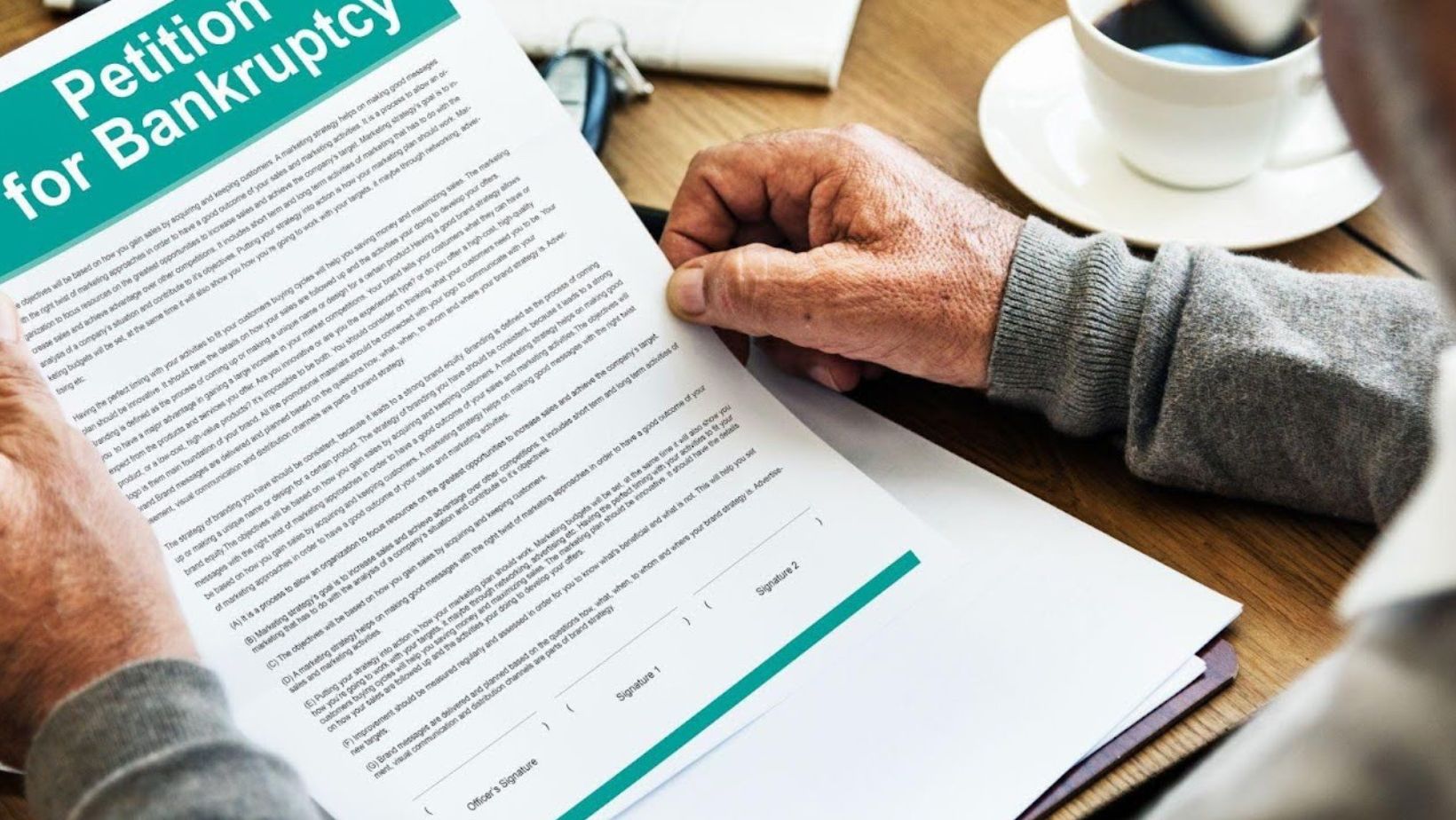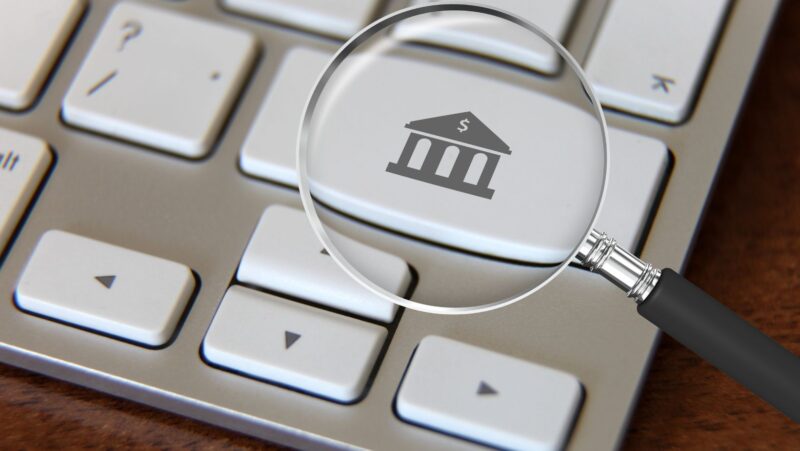
Filing for bankruptcy is never an easy decision, but for many people, it becomes a necessary step toward regaining financial control. If you’re overwhelmed by debt, facing wage garnishment, or constantly dodging creditor calls, bankruptcy might provide the relief you need. However, the process can be complex and emotionally draining if you’re unprepared.
This guide walks you through how to prepare for a successful bankruptcy filing—from getting organized to avoiding common mistakes. With the right approach, you can use bankruptcy as a strategic tool to reset your finances and protect your future.
- Understand the Purpose of Bankruptcy
Before you start filling out forms or contacting lawyers, it’s essential to understand what bankruptcy actually does. At its core, bankruptcy is a legal process that helps individuals or businesses eliminate or repay debt under the protection of the federal court. Depending on your situation, you’ll typically file under:
- Chapter 7: Discharges most unsecured debts (like credit cards and medical bills) after selling off non-exempt assets.
- Chapter 13: A reorganization plan that allows you to repay debts over three to five years while keeping your property.
Knowing the type of bankruptcy filing that fits your needs is the first step toward success.
- Take a Good Look at Your Finances
Before you file anything with the court, take time to get a full picture of your financial situation. That includes:
- Listing all sources of income (pay stubs, business earnings, government benefits, etc.)
- Creating a detailed list of your debts (credit cards, personal loans, medical bills, IRS debt, etc.)
- Calculating your monthly expenses (rent, food, transportation, utilities, insurance)
This will help you (and your attorney, if you hire one) decide whether bankruptcy is the right option and which chapter is most appropriate.
- Avoid Major Financial Changes
One of the biggest mistakes people make before a bankruptcy filing is attempting to “fix” their situation with drastic actions, like:
- Racking up more credit card debt
- Transferring property or assets to friends or family
- Taking out payday or title loans to cover bills
- Withdrawing from retirement accounts
These moves can backfire badly and may be seen as fraudulent by the bankruptcy court. Once you’re seriously considering bankruptcy, avoid major financial transactions unless advised by an attorney.
- Gather and Organize Important Documents
Bankruptcy is document-heavy. You’ll need to show the court and trustee that you’re being honest and thorough. Begin collecting the following:
- Tax returns for the past two years
- Pay stubs or income documentation from the past six months
- Bank statements for all checking, savings, and investment accounts
- Loan documents for mortgages, vehicles, or other financed property
- Credit card statements and collection notices
- Utility bills and lease agreements
Being organized can speed up the process and reduce the risk of delays or dismissals.
- Complete the Mandatory Credit Counseling
Before you can file for bankruptcy, you’re required by law to complete a credit counseling session from an approved agency. This course usually takes about an hour and can often be done online or over the phone. You’ll receive a certificate of completion, which must be filed with your bankruptcy petition.
This counseling helps ensure that you’ve explored other options and understand the implications of filing. US Bankruptcy Help can direct you to reputable, low-cost providers if needed.
- Consider Hiring a Bankruptcy Attorney
While it’s possible to file on your own (known as “pro se” filing), the process can be legally complex. Mistakes on your paperwork can result in delays, dismissal, or even loss of property. A qualified bankruptcy attorney can:
- Help you choose between Chapter 7 and Chapter 13
- Identify exemptions to protect your assets
- Prepare and file the paperwork accurately
- Represent you in court and at the meeting of creditors

- Be Transparent and Honest
Honesty is absolutely critical during the bankruptcy process. The court requires full disclosure of your finances. Attempting to hide assets, lie about income, or selectively leave out debts could lead to serious consequences—including your case being dismissed or even criminal charges.
Remember: the goal is to get a fresh start, not to game the system.
- Learn What Property Is Protected
One of the biggest concerns people have is whether they’ll lose everything they own. The truth is, most filers keep most—if not all—of their property. Bankruptcy laws allow you to exempt (protect) certain assets such as:
- A reasonable amount of equity in your home
- Vehicles up to a certain value
- Household goods and clothing
- Retirement accounts and pensions
- Tools of the trade (if you’re self-employed)
Each state has its own set of exemptions, and your attorney can help you use them to your advantage.
- Prepare for the 341 Meeting of Creditors
Roughly a month after your bankruptcy filing, you’ll be required to attend a meeting called the 341 meeting. This is where a court-appointed trustee and possibly your creditors can ask questions about your finances under oath.
While it might sound intimidating, this meeting is usually brief and straightforward—especially if your paperwork is in order. Your lawyer can prepare you for the types of questions you’ll be asked.
- Adjust Your Financial Habits Moving Forward
Filing bankruptcy isn’t just about getting rid of debt—it’s about creating a healthier financial future. Once your case is completed:
- Start building an emergency fund
- Track your spending with a budget
- Pay bills on time to rebuild credit
- Avoid new debt unless absolutely necessary
- Check your credit reports regularly
With time and discipline, bankruptcy can be the beginning of financial freedom—not the end of your financial story.
Final Thoughts: A Confident, Informed Approach
Preparing for a bankruptcy filing can feel overwhelming, but you don’t have to go through it alone. At US Bankruptcy Help, our mission is to guide individuals through every step of the process with clarity, respect, and care. Whether you’re still weighing your options or ready to file, the right preparation can make all the difference.
Remember, bankruptcy is a tool—not a failure. It’s a reset button, and with the right mindset and professional support, you can take control of your finances and move toward a more secure and stable future.
Considering Bankruptcy?
Visit US Bankruptcy Help today to get free information, understand your bankruptcy options, and connect with a qualified bankruptcy attorney near you.







